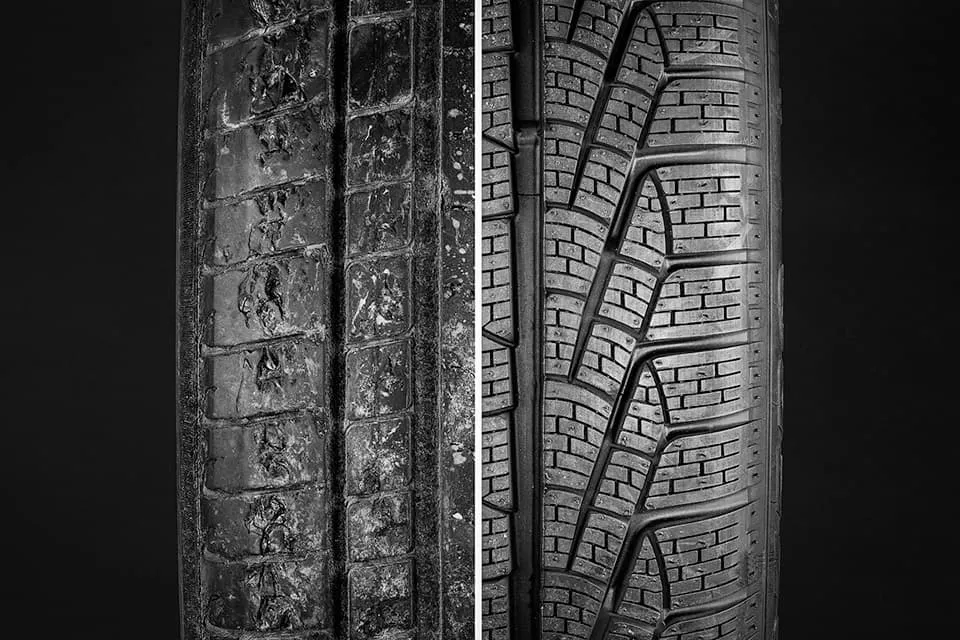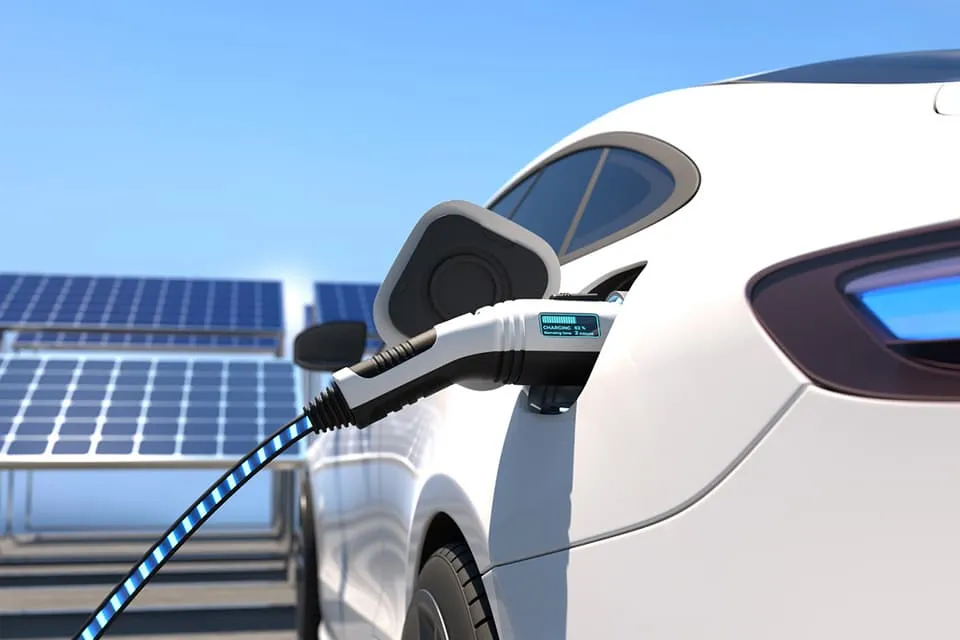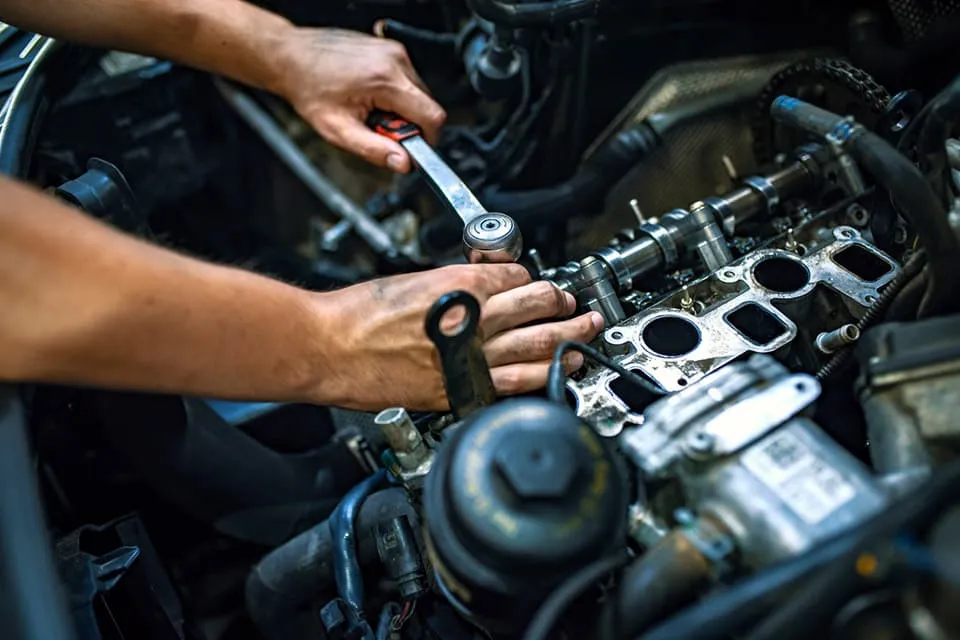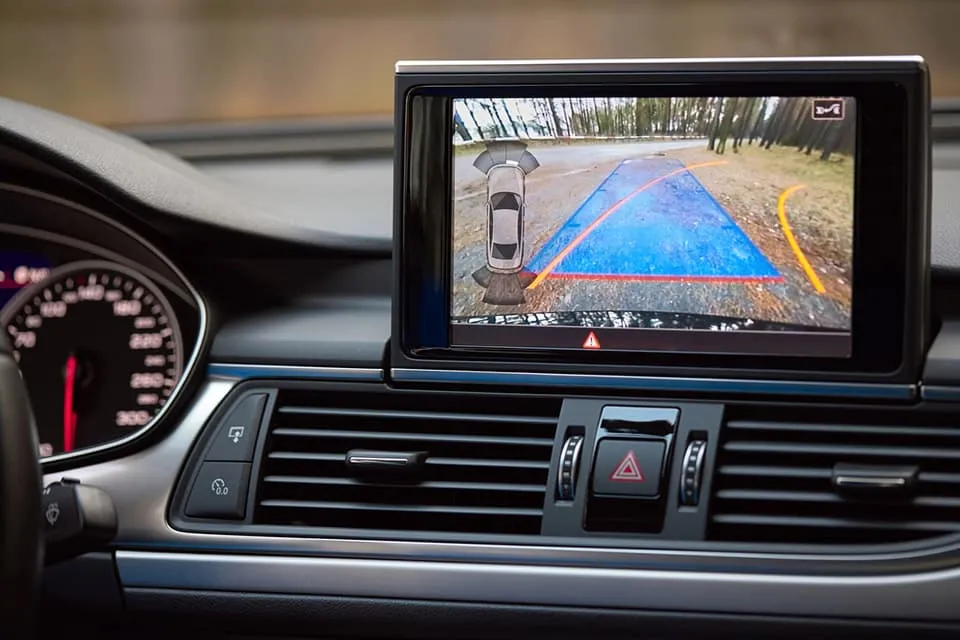Should I Buy a New or Used Car?

Getting to work, taking your children to school, keeping an active social life; all these parts of life and much more are far easier with reliable transportation. When you make the decision to purchase a car, one big question looms: new or used car? There are pros and cons to each type of car, with benefits for both your safety and wallet. While a new car may seem like the best option, buying a secondhand car has a distinct set of advantages.
New Car Vs. Used Car
There are a number of differences between a new car and a used car, ranging from the way you finance your purchase to what condition the vehicle will be in when you receive it. No matter what type of car you choose, make sure to get a vehicle history report; that way you can be sure you are getting the best possible deal.
Pros of Buying a New Car

- Get Exactly What You Want: Purchasing a new car means choosing the precise make, model, and year you want, along with any features you desire. With a used car, you'll likely have to make some concessions on the type of vehicle you get. If your budget allows, buying new is the best way to get an exact match for the car you wish to drive.
- Get a Warranty Without Paying Extra: It's possible to get a warranty with some used cars, especially if you choose a certified pre-owned or CPO car, but they tend to cover less repairs than a new car's warranty. Most of the time, you'll need to pay extra for a used car warranty, while new car warranties are often part of the package deal.
- Access to EV's: There are some older models of electric vehicles, or EVs, but it's difficult to find a used model in good working condition. As the EV market expands and more new vehicles flood the roads, finding a new hybrid or electric vehicle has become easier than ever. In a few years getting a used EV will be easy, but for now, buying new is the best way to get an alternative energy car you can depend on.
Cons of Buying a New Car

- Hard On Your Budget: One of the biggest disadvantages of buying a new vs used car is the price. There is no way around it: buying a new vehicle will almost always cost more money than buying a used car. It's not difficult to see why, with the more advanced offerings available from newer models. Unfortunately, the price you pay for the newest devices, safety features, and fuel saving equipment can be thousands of dollars. For those who have a stricter car-buying budget, purchasing a new car may be out of the question.
- Initial Loss of Value: You've walked the lot, talked to the sales staff, and chosen a car you believe is perfect. After signing all the paperwork and getting your keys, you drive the car off the lot; right then, it immediately loses a huge chunk of its value. The second you drive a new vehicle away from the dealership, it can lose as much as 20 percent of its total worth. The vehicle will then depreciate at a set rate over time, further weakening its resale value. For the most part, you'll be unable to get near what you paid for a vehicle if you try to sell it later.
- Cost of Repairs: Depending on the manufacturer and type of vehicle you choose, new cars can be incredibly expensive to repair. This is particularly true with luxury vehicles; the higher the initial price tag, the more likely you'll need to make thousands in repairs over that car's lifetime. With more moving parts in luxury models, the time it takes for a new car to require repairs is usually shorter.
- Higher Insurance: Depending on the tenets of your financing agreement, you may be required by your dealership or lender to have your vehicle fully insured until payments are complete. This can be an incredibly expensive form of coverage, with higher premiums for the newest car models. Used car financing often lacks this requirement, making monthly payments much more palatable.
Pros of Buying a Used Car
- Save Money: It's almost always cheaper to buy a used car. Yes, there are certain problems you may have to deal with, like unscrupulous private sellers or car buying scams. But if you can overcome these issues, getting a used car can save you thousands, or tens of thousands, of dollars.
- Shorter Financing Period: If you choose to lease or buy your car through a loan, you'll need to make monthly payments. You can calculate these payments ahead of time with loan and lease calculators, like the free one offered by GoodCar. One of the factors that makes these payments more difficult on a new car is the length of your financing period. Because the initial price is higher, it will likely take you longer to pay the car off. If you have a lease, your monthly payments will also be higher (usually) on a new vs a used car. For those looking to offset costs, some services offer $500 cash for junk cars without title, which can provide quick funds toward a down payment.
- Avoid Initial Depreciation: Remember that 20% you lose right when you leave the new car lot? With a used car, you avoid that initial depreciation. That's one of the biggest factors making used cars more affordable; that first loss of value has already happened, and should be part of the price you pay.
Cons of Buying a Used Car

- May Require Repairs: Used cars have experienced more wear and tear, and therefore will usually need repairs sooner than a new car. These repairs can be costly, and without them, your vehicle may not be operational.
- Lacks the Newest Safety Features: As time goes on, car safety becomes more and more advanced. This means that the newer your vehicle is, the better chance that it will have all the equipment necessary to keep you and your family safe. This includes new innovations like adaptive cruise control, back-up camera technology, voice activated instruments, and blind-spot monitoring. Vehicle safety laws also change over time, but older models may be excluded from these restrictions. When deciding to buy a new vs used car, it's important to consider that purchasing a used car could mean sacrificing some safety advantages.
- Worse Miles Per Gallon: We've come a long way from the gas guzzling cars of yesteryear, and for the most part, vehicles have only improved in their fuel efficiency. Part of this lies in government regulation, which has encouraged a strong fuel economy to help cut emissions. With a used car, you'll probably spend a lot more time at the pump.
Buying New vs Used Car Frequently Asked Questions
Is It Better To Buy a New or Used Car?
Buying a new car can come with many advantages, and can be more reliable over longer periods of time. Unfortunately, that usually comes with a much higher initial price and higher insurance rates. This is why many choose to buy used, because the purchase price is almost always lower. You may end up paying more repairs in the future, but buying used is still a great option.
What Are Two Disadvantages Of Buying a New Car?
One major disadvantage is the initial depreciation when you purchase a new vehicle. It's estimated that new cars lose between 9% to 20% of their value when you take them off the lot. Another disadvantage is new cars have a higher MSRP, making them a difficult choice with a smaller budget.
Should I Buy a Used Car?
If you have less money to work with, buying used is always a good idea. You can find many vehicles in great condition for thousands of dollars less than they would be new. The only issue comes with purchasing cars from unscrupulous sellers. That's why it's important to always get a vehicle history report before buying any car.
How Many Miles Should a Used Car Have?
The higher mileage a used car has, the more likely that it has experienced significant wear-and-tear. If possible, try to buy a used car with under 100,000 miles. Vehicles with over 100,000 miles will either have had major repairs already made, or need them in the near future.
What Determines a Used or Second Hand Car?
For a car to be considered used, it has to have had one or more owners. This can include rental car companies, car leasing offices, car dealerships, or private entities. Basically, any car that isn't coming straight from a manufacturer to a car dealership is usually a used, or second hand, car.
Are Used Cars Reliable?
How reliable your used car is depends on how much research you do beforehand and how trustworthy the seller is. Make sure to find out all the information you can about a vehicle by getting a vehicle history report. You'll also want to meet the seller in person, and test drive the car so that you know it's operational.
FREE Vehicle Search
- Accidents
- Problem Checks
- Title Records
- Recalls
- Values
- Specs
-
InfoPay, Inc. (dba GoodCar) is an Approved NMVTIS Data Provider
-
-


























